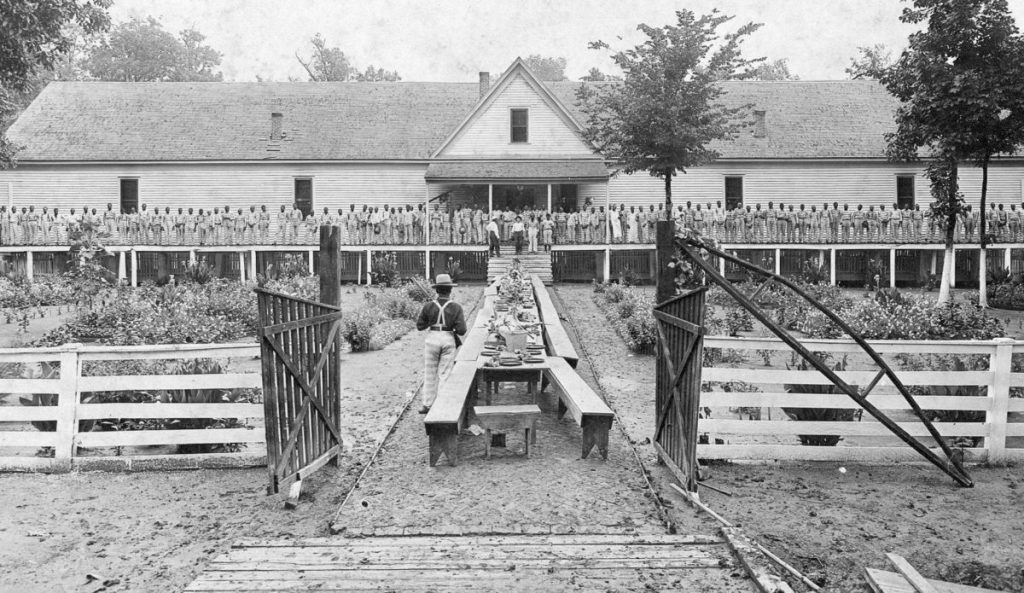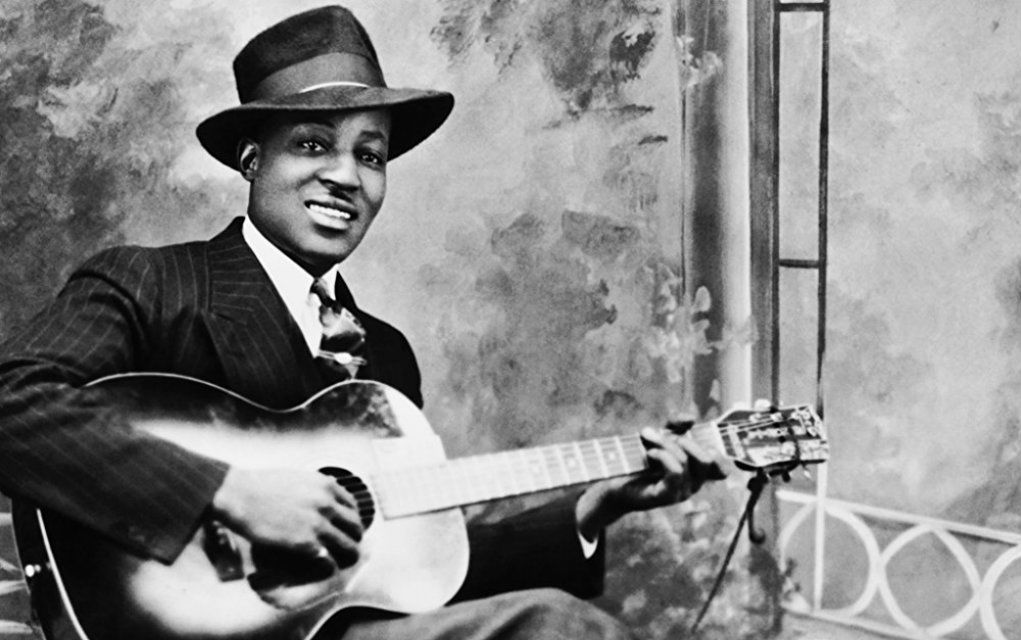Editor’s note: In The Language of the Blues: From Alcorub to ZuZu, author and rocker Debra Devi explores the meaning of a word or phrase from a blues song. The award-winning book includes a foreword by Dr. John and is blurbed by Bonnie Raitt and Joe Bonamassa.
The overseer of a plantation was “the captain” and was typically addressed by the slaves as “Captain.” As renowned blues scholar Gayle Dean Wardlow, who was raised in Mississippi, said in his in-depth Blues World interview, “You hear a lot of old blacks singin’ about the captain told me this and that. Ain’t no doubt about it, he was the captain, you’d do what he said to do.”
After Emancipation, many Southern white employers still expected to be addressed as Captain by black employees. In “John Henry,” Big Bill Broonzy sang of the captain who threatened to bring in the steam drill and put his manual laborers out of work: “The captain said to John Henry, ‘I’m gonna bring that steam drill around. I’m gonna bring that steam drill out on the job.”
In response, “John Henry told the captain: “Lord, a man ain’t nothing but a man/ but before I’d let your steam drill beat me down, I’d die with a hammer in my hand.”
The wardens at country prison farms were also called “Captain.” Son House was sentenced to hard labor on Parchman Farm, a.k.a. Mississippi State Penitentiary, for shooting and killing a man at a house party, allegedly in self-defense. House served two years before a judge in Clarksdale re-opened the case and had him released, on the condition that he leave Clarksdale.
House sang about his prison time in “County Farm Blues”:
Down South, when you do anything that’s wrong
They’ll sure put you down on the country farm
Put you down under a man they call Captain Jack
He sure write his name up and down your back
The Mississippi Department of Archives and History says that Parchman Farm “was in many ways reminiscent of a gigantic antebellum plantation.” Prisoners worked ten hours a day, six days a week in its cotton fields, and built roads and barracks. In 1905, Parchman’s first year of operations, the State of Mississippi earned $185,000 (around $6 million in today’s dollars) from Parchman Farm.
Today, the privately owned Mississippi State Penitentiary in Parchman, MS covers 18,000 acres.

“What a great resource, as fascinating as it is informative. Debra’s passion for the blues shines through.” – Bonnie Raitt
“Debra’s book will teach you what you really need to know about blues history and where the blues are coming from.” – Joe Bonamassa
“Finally one can understand the mechanics behind the overwhelming viscera of the Blues. Debra Devi’s work is a true guide book to the soul.” – Al Jourgensen (Ministry)
“This book is fascinating! Take it to the bathroom and don’t come out until you’re done reading it.” – Jimmy Vivino
“This is a beautiful book. Upon receiving The Language of the Blues I discovered my knowledge only scratched the surface. Debra Devi has written an invaluable reference book. And it’s also great fun to read.” – Hal Willner
“Don’t think that The Language of the Blues might read like a dictionary or reference book. There’s no plot, but you can open it up at random and fall into the world of your favorite Blues songs, and find out more about the lyrics than you would be guessing from context. I learned a lot more about the Blues music I already loved.” – Bob Margolin


